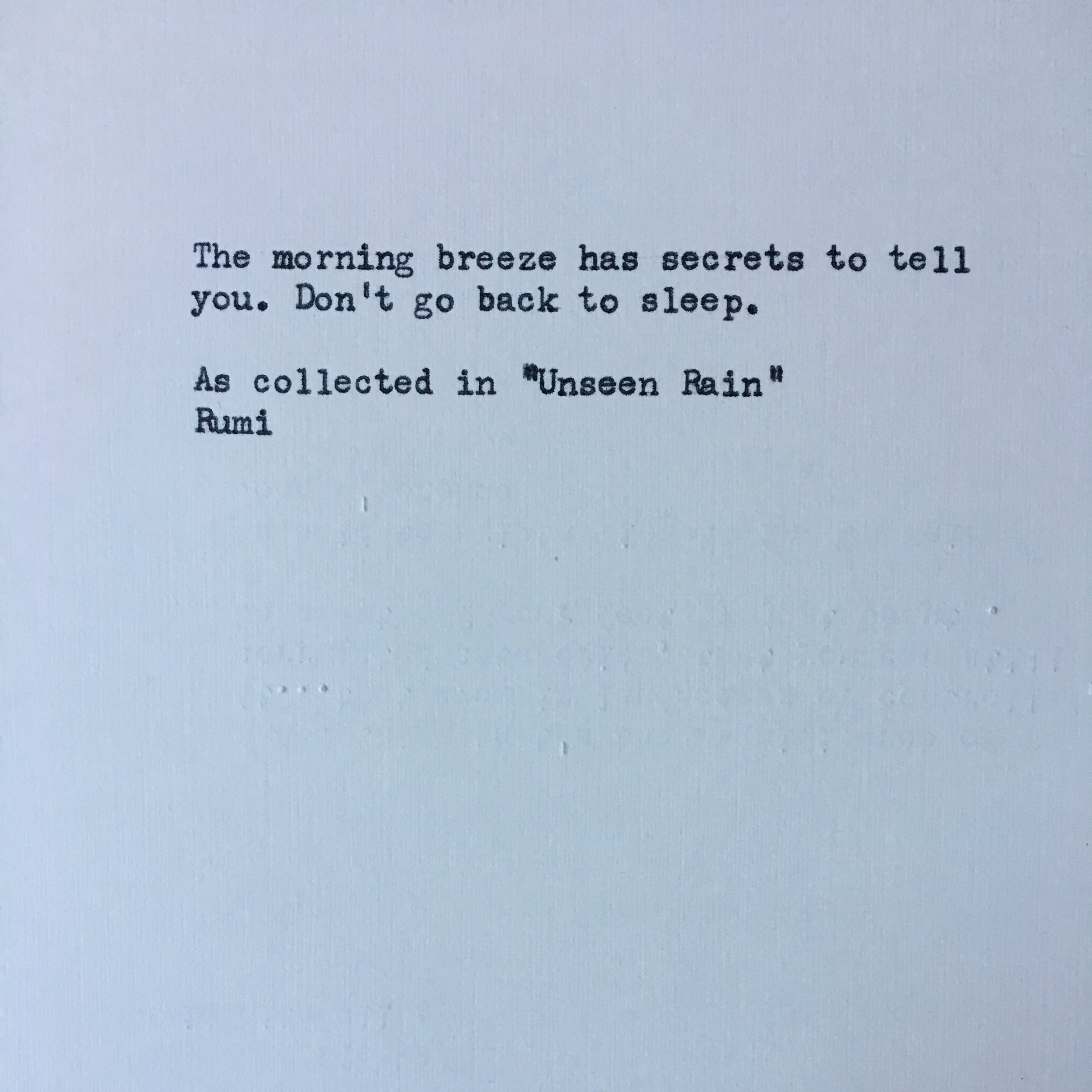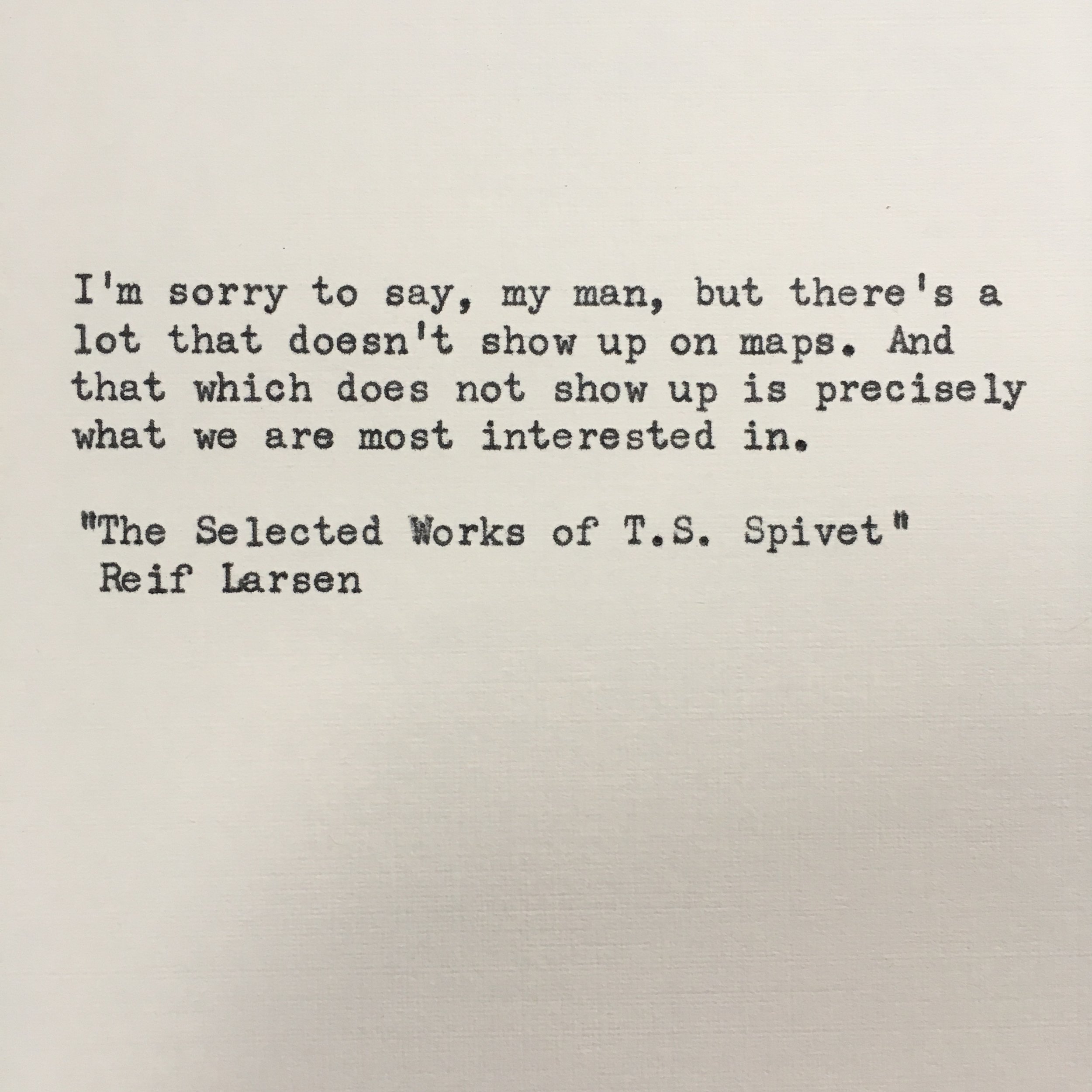Arlene
I first learned her name when she started softly speaking to herself. It was a quiet and pleading Easy does it, Arlene as she slowly reversed the van down a snowy and icy Connecticut driveway and onto the main road. Who makes driveways like these? she wondered aloud. I was her only passenger and I didn’t know how rhetorically she spoke, so I filled the vacuum with some hollow praise: “That’s a good question,” I said. If Arlene heard me, she didn’t let on. Been living here fifty-five years, she said shaking her head, fifty-five years.
The two of us, along with two more we had not yet collected, were headed to the airport. There’s nothing easy or accessible about getting to JFK, but it was somewhere around four in the morning, traffic was light in the wintry weather, and Arlene was driving efficiently. My flight to Mexico wasn’t leaving for another couple of hours.
There were no internal lights in the van, so she had a flashlight tethered to her right wrist and used it to occasionally check some paperwork resting in a compartment under the radio. Addresses and pick-up times, I imagine. She never turned it off though, and when she would settle her hands on the steering wheel into a driving position, its beam would make its way into my eyes, jolting me awake each time. She turned the wheel rather sharply once and the light found a fairly worn book in the passenger seat called, “God, Please Save Me.” Underneath it was a leathery Bible-looking book that probably belongs in a display case when she’s through with it, and sticking out from between was a piece of paper that was titled, “The 10 Commandments are not Multiple Choice.”
You don’t picture someone like Arlene as an airport van driver, she seems much more appropriate as a lady in a rocking chair with some knitting on her lap surrounded by grandchildren and making sure that everyone is well fed. She had a lovely cadence to her occasional chattiness, and it was as though she knew her years had made her entitled to an audience, that there was a weight behind her experience that just mattered. Fifty-five years, she said again, ain’t never seen a thing like it.
It turned out that Arlene lived in New Haven with her husband and was ruminating about the sadness around her. People used to be so happy here, she told me. Now they got their heads down and grumble. Just grumble. These aren’t conversations, they are little monologues, and a good listener is there to keep things flowing. “What do you mean?” I’d ask, or “in what way?” or “how so?”
It’s all depressed now, she kept returning to. Ain’t no jobs, ain’t nothin here anymore worth a damn. We all used to be so happy. And then, moving on, it was You goin someplace warm I hope?
We picked up our first passenger together, a grumpy woman with too much luggage who spoke like there were a few rungs separating driver from passenger in whatever hierarchy she ascribed to. The flashlight never hit her face, but I could imagine her discontent and muttering, someone who Arlene would be thinking about when she would tell someone else some other day that People used to be so happy here.
We all have our nemeses, and it became clear that driveways were Arlene’s. It was almost as if she was surprised each time she had to reverse out of wherever she had just parked, stunned that she had found herself—yet again—in one of these puzzling, cursed, frustrating little roads leading to someone’s house. Don’t back over a cliff, Arlene, she said this time. And I realized again that she inadvertently introduced herself to our new passenger.
She was presumptuous, too, always assuming that I could fill in the words she would leave out or start the sentences she did not. Know where we are? she asked once. “Can’t say I do,” I said. Didn’t use to be here, she replied. I had questions that I didn’t ask, but on we drove, just like that.
We picked up a second woman who was sitting back in the third row and couldn’t really hear Arlene, but desperately wanted to. And so, among the three of us who were awake, there would be moments like:
…gotta be about 25 minutes now…
“I’m sorry?”
…couple more exits…come on lights, come on lights…
“They always take this long?”
…didn’t use to be here…
Arlene was lovely and old and nostalgic and happy. She had a relationship with God I would never want and lived in a city I never would like to. No vision of myself at her age is in a van headed to the airport at that time, they all abstractly hold romantic pictures of family and warmth and books with wide enough margins for me to talk to authors. Fireplaces and trails for my running shoes, maybe some dogs too. And someone to look over to and just be able to say how much I love them without saying a damn word.
But I loved her world, the delightful simplicity of it all. The things she saw and the way she saw them. The things that got her head shaking. The things that baffled her and confused her. The things she read and the way she marked up what she read because she probably would like to come back to it later. The things that drove her to talk to herself.
The things you love are the things you sometimes just want to step back and clap for. They can’t be cheapened with words, and are often best described with active hand gestures that do their best to convey something more than what could ever be said.
And what are they?
Are they the things you would miss if you never woke up again? Would you be saddened by the hand you would never hold again? The stories you couldn’t write anymore? The unread books that sit in semi-neat, semi-chaotic rows and columns in bookshelves that are everywhere around you? The adrenaline you wouldn’t feel anymore and the countdown you wouldn’t hear from ten until the race started? Those first strokes in the water when all you hear is sloshing? Would you talk about never again being able to smell the cut grass of a baseball field or that beautiful, beautiful sound of bat-on-ball, ball finding it’s way with a couple of hops to the opposite-field wall, runner trotting easily into second? Your family, the one that supported you through everything, the love you want to re-create—where does that fit? Would that drive from Aspen to Crested Butte, through the orangey yellow trees, an ecosystem as large and as complex as a coral reef—you know, the one where you picked up that cyclist who had no more spare tubes and you talked about Oklahoma and Colorado at this time of year and how lovely it is to be in the mountains and away from things—come back? Would you think of who you would want to give that simple black book of thoughts and dreams that you filled in when you were happy and unhappy and always searching for something, a foothold, anything? There must be things you wished you could say. And things you wished you had never said. And the risks? Which ones would you take again? Who would you fight for? And that time—there has to be one—where you said no, I’m not taking that chance. Was it worth it? Did it, like everyone says it does, work out just fine in the end? Was it all, like everyone says it is, meant to be? Why didn’t you do that one thing you swore you would do but never got around to? Why? Why? And then, who is it that you want to say goodbye to last? Whose hand is there? And when your eyes close, who is it they last remember looking at? Who do those lips last smile towards?
I want moments. I want to do those things—to seek those things out—that make me know how alive I am.
And then I want to take a deeper breath and do more of it.








